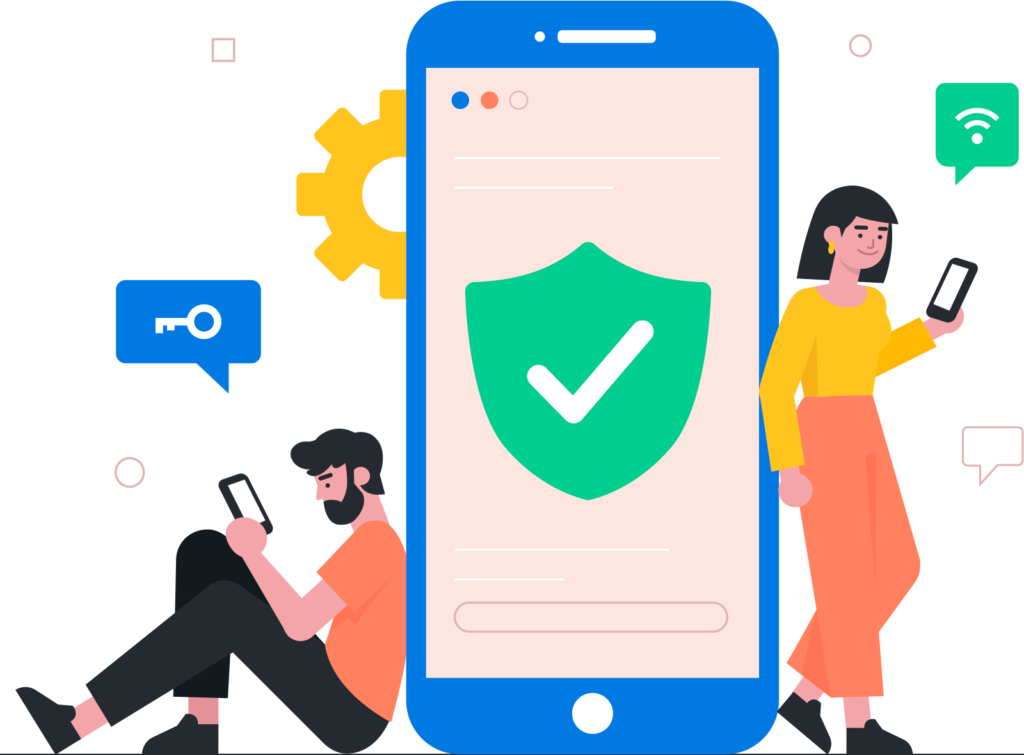Industries->Smart Waste



The integration of the Internet of Things (IoT) in hospitals has revolutionized healthcare delivery by creating interconnected ecosystems of medical devices, sensors, and data analytics. IoT in hospitals refers to the network of interconnected devices and systems that enable the collection, monitoring, and analysis of real-time healthcare data. This innovative approach has transformed traditional hospitals into smart healthcare environments, enhancing patient care, optimizing resource management, and improving operational efficiency. By leveraging IoT technologies, hospitals can automate processes, improve patient monitoring and safety, enable remote healthcare services, and streamline operations. The introduction of IoT in hospitals holds immense promise for transforming the healthcare landscape, enhancing patient outcomes, and creating a more connected and efficient healthcare environment.

In conclusion , IoT has the potential to revolutionize hospitals by enabling remote patient monitoring, enhancing patient safety, improving healthcare delivery efficiency, and facilitating predictive analytics and preventive care. It promotes telemedicine and remote consultations, empowers patients in chronic disease management, enables real-time emergency response, and facilitates data-driven decision-making for healthcare providers. With its transformative impact, IoT is poised to shape the future of healthcare, ultimately leading to improved patient outcomes, enhanced access to care, and more efficient healthcare delivery.
Ajeevi Technologies provides innovative customized solutions in the area of Smart Hospitals , internet of things (IOT), and sustainable development which include:
Software & Mobile Apps | AIR | Water | Energy | Waste | Safety & Security | Transport | Parking | Emergency Response |
Hospital Information Management System | Indoor Air Quality Monitor for hospitals | Water Quality Logger | Smart Plugs | RFID Tags | Bio Metrics | GPS Device | Windshield tags | Panic Button |
Patient Tracking System / Wearables | Ambient Air Quality Monitor | Water Level Check | Single Phase A.C. | Handheld Readers | Face Recognition | Panic Button | UHF Reader | GPS Device |
Patient-Doctor Interactive System | Air Purification for wards | Water Purification | Three Phase A.C. | Bin Level Sensors | Camera | Wi-Fi | Parking payment system | Fire Fighting System |
Interactive Response System | Air Purification for Outdoors | Effluent Treatment Plant | Solar Power Plant | Waste to Fertilizer | Motion detector Alarm | Windshield Tag | Automatic Parking Mgmt. | Verti-Scape for High Rise Emergency Evacuation |
Microbial Air Systems | Rain Water Harvesting | Solar Water Heating System | Bio-Hazardous Waste Management System | Camera |
http://www.ajeevi.com


Android Handheld UHF Reader
Automatic Boom Barrier
Automatic Number Plate Reader Camera
Bin Level Sensor
Bio Metrics Machine
Bullet Camera Live
Chlorine Sensor
Data Transmission Unit
Emergency Call Box
Environment Sensor
Face Recognition
Flood Sensor
Fuel Sensor
Galvanized Iron Pole
Gi-Pole
GPS
GPS-AIS140
Handheld HF Reader
Handheld UHF Reader
PTZ Camera
Public Address Speaker
Public Address System
Hydraulic Boom Barrier
IP Bullet Camera
IRIS
Magnetic Sensor
Network Rack
Network Video Recorder
Panic Button
Parking Entry Exit UHF Reader Vehicle Mounted UHF Reader
Passenger information systems
Ph Sensor
Refrigerator Sensor
RFID Tag – HF
RFID Tag – UHF
RFID Tag Metal – UHF
Smart Kiosk
Smart Pole
Soil Sensor
Drainage Sensor
Temperature Sensor
Turbidity Sensor
Ultrasonic Flow Meter Variable Sign Board Weigh Bridge Entry Exit Reader
Thanks for ” Downloading”, “Discovering”, “AJEEVI Products”, hit the submit button requisite information will be in your email box shortly.
Ajeevi Offer “Enterprise IoT Solutions” with in-house R&D, Capability of manufacturing IOT devices.
505, Tower A-1, Corporate Park
Noida 201301, Uttar Pradesh India
presales@ajeevi.com
+91-9654323500